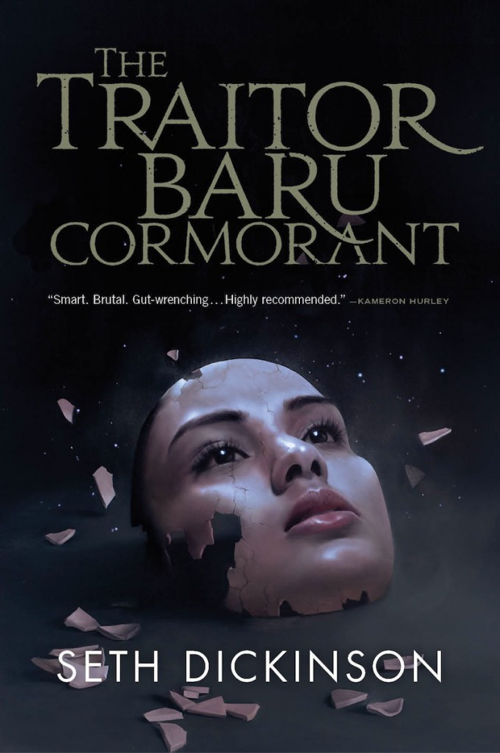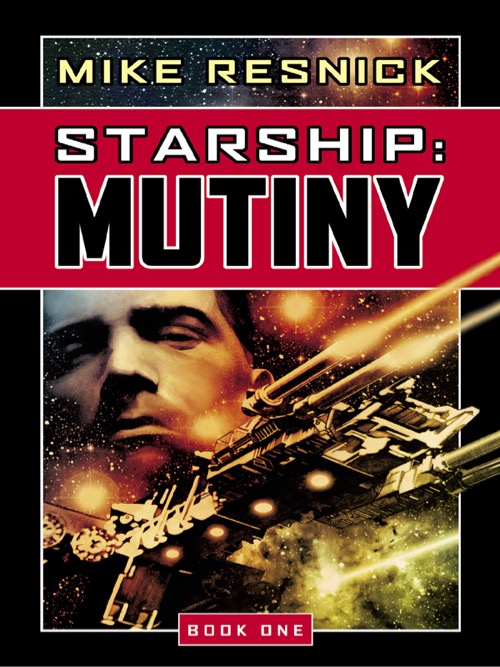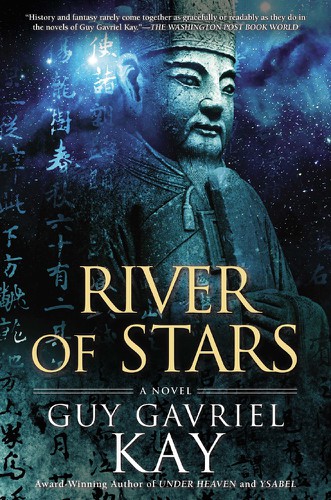This isn't an actual review of the movie. Rather, it's a summation of the thoughts that went through my mind as I watched the movie for the first time. There will be spoilers, so you probably don't want to read it until after you've seen the movie.
I'll start by saying that I quite liked it. It felt like a Star Wars movie should. I took my two oldest daughters (ages 8 and 7) with me to see the movie, yesterday. We spent the last week watching the original trilogy (A New Hope, The Empire Strikes Back, and Return of the Jedi). This movie felt very similar in tone and atmosphere. After the debacle of the prequels, it was great to see real Star Wars back on the big screen.
The movie was well written, but not necessarily well plotted. I say this because it had too many elements of the original trilogy in it. It felt like good fan fiction in both the best of ways (gave you the same feeling that you had watching the original) and the worst of ways (gave you plot points that were similar to the original).
The beginning of the movie felt like A New Hope. A crucial secret is entrusted to a cute droid who immediately draw's the audience's sympathy. The droid, and it's unsuspecting keepers, are hunted by stormtroopers. Our initially naive hero lives on a desert world (Tatooine vs Jakku) and knows of the broader conflict but has never experienced it.
The end of the movie felt like Return of the Jedi. There was a mission to destroy a super weapon. A small team needed to infiltrate a facility to lower the shields protecting the super weapon. A larger group of pilots waited for the shield to drop and then proceeded with attack runs against the vulnerability. Even the command center sets were similar to the ones used at the end of A New Hope.
Everything about the movie was great, except for the fact that the plot was a rehash of things we've already seen. I was hoping for something new and got something familiar instead. It's not a fatal flaw and I'll still buy it and enjoy watching it. But it was disappointing.
There was at least one death of a main character. Someone's been to the George R. R. Martin / Joss Whedon school of main character death.
BB8 is a great addition to the cast of droids. He's super emotive and sympathetic. I'm already looking forward to seeing more of him in future movies.
I'm left with one overarching question: who is Rey? She's strong in the Force and the movies have conditioned us believe that the force is strong in the Skywalker line. But she was abandoned (kidnapped and sold?) on Jakku at a very young age and has no idea who her family is. No one gives any indication that she's related to Luke or Leia in any way. So who is she, how did she get left on Jakku, and who did she inherit her Force sensitivity from?
Disney made it very clear that the Expanded Universe (stories from the novels, graphic novels, games, etc) wasn't going to be canon. Still, I feel like this story drew from the Expanded Universe in very good ways. Here's a couple of examples.
- Han and Leia were married.
- They had a force sensitive son.
- In the EU, their children were Jaicen, Jaina, and Anakin. Ben, in the movie, is obviously named after a prior main character (Obi-Wan "Ben" Kenobi). The name is in the same vein as the EU and was well picked.
- The massive super weapon uses the entire power of a star to destroy worlds. In the EU, there's a ship call the Sun Crusher that also uses the power of an entire star to destroy worlds.
- Luke Skywalker opened a Jedi academy.
- Luke had at least one student turn to the Dark Side, forcing Luke into hiding both for survival and to reexamine his qualifications as a Jedi Master and teacher.
- In the EU, one of the Solo kids (Jaicen, I believe) turns to the Dark Side. In The Force Awakens, Han and Leia's son turns to the Dark Side.
- In the EU, one of the lost students was Kyp Durron, who stole the Sun Crusher and used it for evil. In The Force Awakens, the lost student is Ben (Kylo Ren), who's partially responsible for using the super weapon for evil.
When I saw Poe Dameron's squad of crack shooting X-Wing pilots, I wanted to hear someone say "Rogue Squadron" just once.
Harrison Ford was Han Solo. He hasn't lost a bit of the role. He was older, slightly less cocky, more experienced and had seen more pain. But he was every bit the Han Solo that we remember and love.
It was good to see C3PO again, but his role was pure cameo. Unfortunately, it wasn't critical to the plot in any way.
First Order? Republic? Resistance? I have no idea what the political order of this story is. The prequels went way overboard in political exposition. The new movie could have used a smidge more explanation. By the end of the movie, I was pretty sure that the galaxy had split into the New Republic and the First Order. The New Republic was officially leaving the First Order alone but was unofficially supporting The Resistance as they resisted the First Order's rule in their own backyard. This is pure supposition though, as the movie made no effort to explain what had happened after the Battle of Endor.
Luke was training other Jedi? Uh, what happened to them? Did Kylo Ren kill them all? The movie might have made an offhand reference to that. If not, where are they?
Chewbecca's suit was too new. It made him look younger, rather than looking older like everyone else.
Kylo Ren's turn to the dark side is exactly what Annakin's could have been, in a different, better, universe. There was emotional pain and angst, but it was so much better done. Ben looked like a hurting individual who had turned to the Dark Side as a source of strength. Prequel Anakin just looked like a whiny, creeper teenager.
Kylo Ren asked the spirit of his grandfather, Darth Vader, for help. Annakin turned back to the Light Side of the force at the end of Jedi. Was Kylo Ren asking a real spirit for help or just speaking as people speak at a grave side? Is the spirit of Darth Vader really out there? I assume he was just "praying" for strength, but Luke got guidance from Obi-Wan and Yoda often enough to make it just a little bit possible that Kylo Ren really had been hearing from Darth Vader.
Who was the old guy in the village, at the beginning? It seems like there was a back story there or he was a person of some importance. After being hustled off aboard Kylo Ren's shuttle, he completely disappeared from the movie.
The Star Destroyers, Tie Fighters, and shuttles looked bigger and badder in a believable way. Not that they were pumped up but that they were a truer representation of the platonic forms. In a way, they're what would have been in the original trilogy, had the filmmaking tech been better.
Everything looked lived in again. The ships, planets, and costumes in the prequels were way too bright and shiny. The best part about rewatching A New Hope was seeing just how scratched, dented, and worn everything in the universe was.
They found an actor for Kylo Ren that looks like he could actually be the son of Han and Leia. That's awesome. True, his hair came straight from the Hayden Christensen school of angsty Jedi teens, but he was trying to emulate his grandfather so it all works out.
I wonder what Mark Hamill's reaction was when he got his part?
- "So, part of my script is missing."
- "Hey, R2D2 has more of a role than me!"
- "Does this appearance come with an actual paycheck or just the hint of one?"
That planetary super weapon can shoot how far? And you can see three other planets blow up from wherever that temple / bar was? I'm all about suspending disbelief during a Star Wars movie. I expect the physics to be wrong. But the physics of that weapon are so off the charts wrong as to shatter my suspension of disbelief.
Can we please have a movie that doesn't involve a massive, spherical weapon that needs to be destroyed? There could be plenty of plot and excitement in "just" fleet vs fleet action. The Expanded Universe had tons of great stories that didn't involve super weapons. They've already shown that they can use elements of the EU in the new movies. Let's take it a bit further and borrow some ideas of what other kinds of conflicts people can have.
A desert planet that's not Tatooine? I don't see the point. Just put it on Tatooine and be done with it. You know you wanted to. Jakku brings nothing to the story that Tatooine didn't already have. Except for saying "See? We don't put Tatooine in every movie". But that loses its impact when Jakku and Tatooine are basically identical.
Clearly, this was the right franchise for J. J. Abrams. Too bad he couldn't have done it five years ago, in time to save New Trek from him.
John Williams still has it. Good score.








